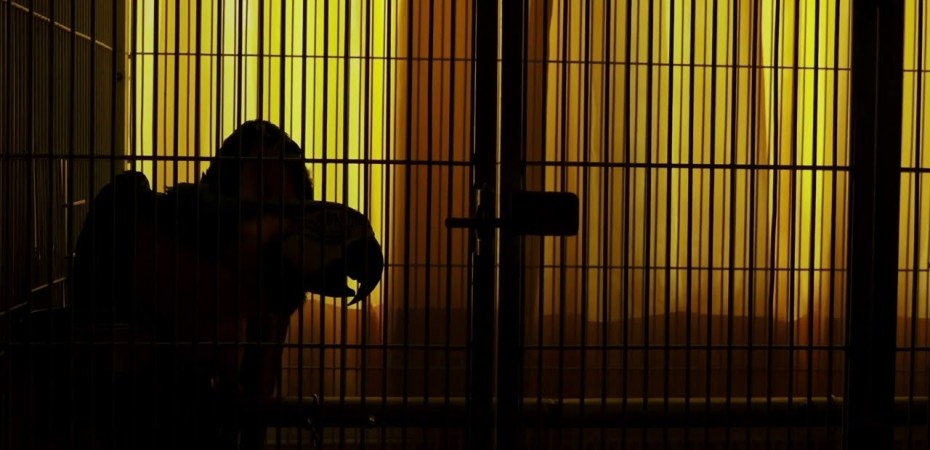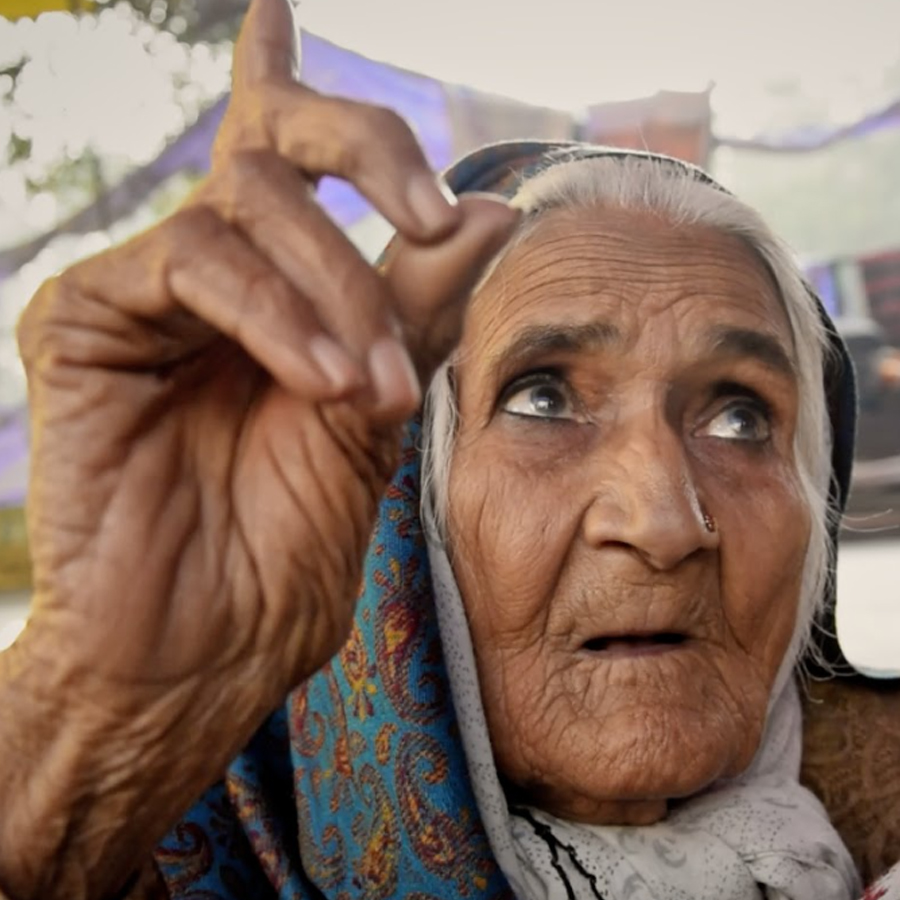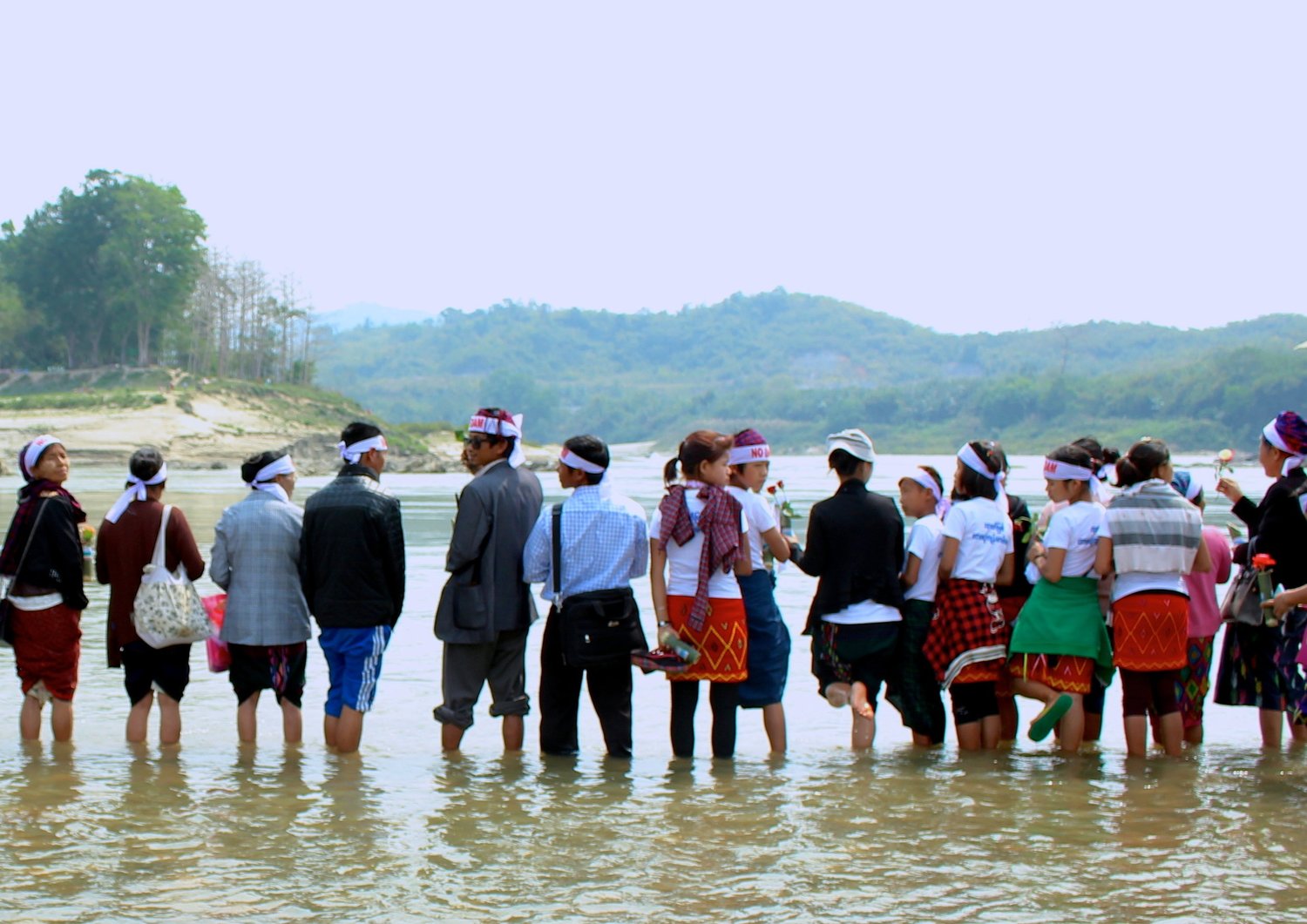Yamagata International Documentary Film Festival 2023 wrapped up two weeks or so ago. It was a nice and enriching experience to attend the festival in presence again (the 2021 edition was held online only), and to catch up with old and new friends.
Most of my viewing time was cannibalized (and I mean it in a good way) by Noda Shinkichi‘s huge retrospective, a deep dive into the works of a pivotal figure in the development of documentary filmmaking in post-war Japan. I’m planning to write about this fascinating and almost overwhelming viewing experience in the following weeks, but today I’m going to focus on some of the other films I saw in Yamagata.
Three documentaries about the current socio-political situation in Myanmar, films shot in the country, were screened in the always interesting New Asian Currents program.
Losing Ground (anonymous, 2023) is a short film (23’ in the version presented in Yamagata) about the filmmaker’s own personal experiences in the protests that erupted in Myanmar, after the coup d’état brought chaos to the country, in February 2021. A somber, and beautifully shot, personal reflection on how the event altered his life and those of the people who joined the resistance. After actively participating in the demonstrations on the streets, the anonymous director was imprisoned for eight months, and once released, he was unable to return to his “normal” life. The film is a recollection of what happened in 2021 and a depiction of his current situation, trapped in his house, his dreams and those of his generation have been destroyed by the military regime. This sense of entrapment is expressed by images enveloped in darkness mainly shot in and from his home, also a way not to show the filmmaker’s face and thus guarantee his safety. After the time spent in prison, the director’s house and the city where he lives, Yangon, have also become a prison, a metaphorical but inescapable one. As the filmmaker states in the film, the sense of dread experienced during his imprisonment now pervades every fiber of his body. Just seeing a police or army vehicle from his window makes him feel nauseous and shake with fear. The sense of defeat and existential paralysis emanating from the minimalistic images is extremely powerful, and the whole movie feels like a desperate scream for help. It is thus very important that Losing Ground was awarded with the Ogawa Shinsuke Prize, and I couldn’t agree more with the comment of the jury’s members: “We want to send a strong message to this as well as other filmmakers who are similarly trapped or imprisoned, physically or metaphorically, that we see you. We care, and we are in solidarity with each and everyone of you.”
Conceptually and stylistically very different, but equally interesting, is Journey of a Bird (anonymous, 2021). Filmed in the days and months following the coup d’état, the short work documents the daily life of a group of young people, all in their early twenties, facing the lack of freedom brought after the military seized power. Shot with smartphones and a small digital camera, the film chronicles the daily life of a group of friends: organizing and protesting in the streets, changing apartments to avoid being followed, drinking and singing together, and dealing with their parents and the world of adults. While on the opposite spectrum of Losing Ground—it is a less reflective work and it feels like the director and his friends were thrown into making a film almost by chance—the situation depicted on screen reveals, in all its complexity, the struggle to keep living in a country under a dictatorial regime.
Also filmed in Myanmar, but not dealing directly with the consequences of the coup d’état, is Above and Below the Ground (Emile Hong, 2023). The work depicts events that happened before February 2021, and it is set in a peripheral area of the country, the Kachin region in the north of Myanmar, near the border with China. The life of a small community, the ethnic Christian minority that inhabits the area, is about to be disrupted by a soon-to-be-built dam, whose construction has been entrusted to a Chinese company. The resistance to the project and their fight for self-determination is described from the point of view of two of the women at the forefront of the protests, probably the better part of the documentary. To this storyline the film interweaves that of a local rock band invested in the demonstrations, a section too meandering and that lessens the impact of what the documentary is trying to say.
Women’s voices are also featured in two documentaries filmed in India about the Citizenship Amendment Act (2019), and more broadly on the political and social situation since Narendra Modi’s far-right government was elected in 2014. A Night of Knowing Nothing is an experimental documentary, screened and awarded at Cannes in 2021, directed by Payal Kapadia. The film has been critically praised internationally, a trend that continued in Yamagata, where it won the competition’s Grand Prize, The Robert and Frances Flaherty Prize. It was a very impactful viewing experience for me, the grainy black-and-white images perfectly convey the sense of horror and terror in which young generations of Indian students live in New Delhi, amid caste discrimination and police repression. However, it is a movie that I would like to watch again to better assess and appreciate the nuances and aesthetic choices made. I find the statement from the jury illuminating:
“A Night of Knowing Nothing adopts a fictional conceit in order to historicize the reality of a tumultuous present, crafting a portrait of a nation in crisis that is equally a story of love, friendship, memory, and youth. Marshaling a vast array of cinematographic techniques and technologies with skill and creativity, Payal Kapadia reflects on how and why images are made and what they can do. This enchanting and risk-taking film abandons all didacticism while retaining a political acuity that resonates intellectually and emotionally”.
Formally very different, Land of My Dreams (2023) addresses the same period and social tensions from a more feminist, more direct, and perhaps more articulate and critical point of view. Director Nausheen Khan, a university student, crafts a piece of resistance cinema that depicts, through interviews and images shot in the midst of the action, the story of the women who formed the non-violent movement against India’s Citizenship Amendment Act. Between 2019 and 2020, for over 100 days, the women of Shaheen Bagh in New Delhi, students, mothers and older women, protested the systematic repression against the Muslim minority, one of the pillars of nationalist propaganda set in motion by the government. Month after month these peaceful sit-ins spread to the rest of the capital, and eventually of the country, creating a broader movement that criticized the right-wing policies of Modi. In addition to providing a complex and dynamic picture of the socio-political situation in New Delhi, the film is also a painful reflection by the filmmaker herself on her identity. As a Muslim and as a woman, she finds herself at the center of personal tensions between the religious beliefs she grew up with, and her social experiences. The film (unsurprisingly, it’s Yamagata!), was awarded the Citizen’s Prize.
A special mention goes to Night Walk (Sohn Koo-yong, 2023), a work without sound, and with static images of night landscape accompanied with written poems on screen. An extreme visual experiment I could not completely connect with, but that still fascinates me. Predictably, many people walked out of the theater, but it was refreshing to hear, in the after talk, that many viewers were mesmerized by and could engaged with it. Again, the words of the jury come to rescue: “Night Walk might be called an anti-cinematic, anti-poetic, and anti-landscape-theory documentary.”




